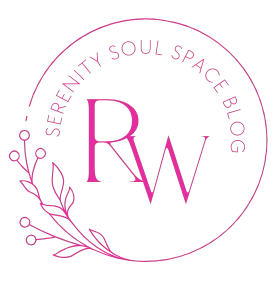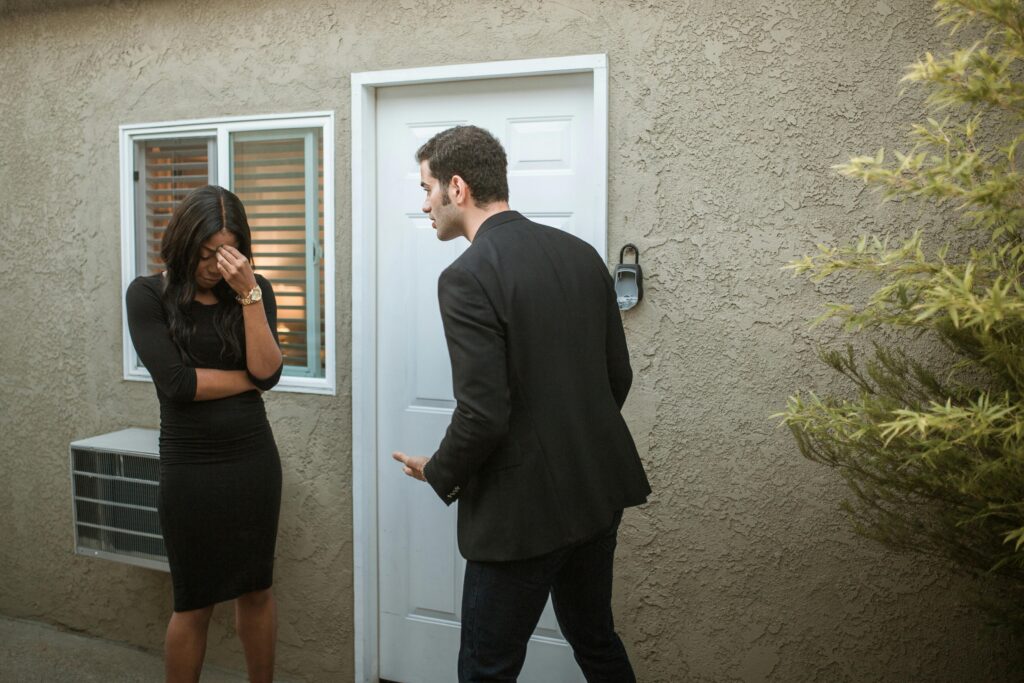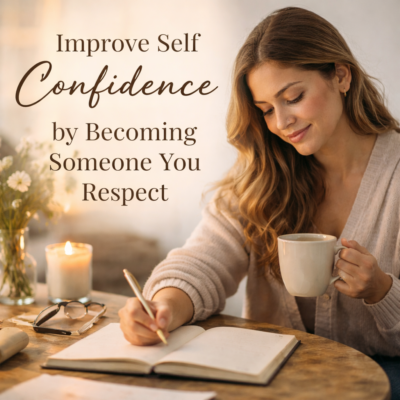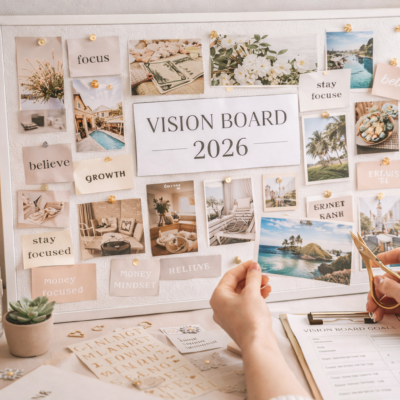Relationship Patterns Repeating? Observe These 7 Signs
This post contains affiliate links. These don’t cost you anything. It means we may receive a small commission at no cost to you should you decide to make a purchase through one of these links. We only recommend products and services we trust and believe will be beneficial to our readers.
And Why That’s Not a Failure, But a Wake-Up Call
Relationship patterns repeating again?
You’re dating someone new. A totally different individual with a different name and face—but somehow, it ends up feeling exactly the same.
An emotional rollercoaster. Arguments that sound all too familiar. And heartbreak that feels like a rerun. If you’ve ever thought, “Why do I always end up here?”—this article is for you.
Relationship patterns repeating over and over again don’t happen by accident.
In most cases, they’re rooted in unexamined beliefs, early experiences, and emotional habits we carry into adulthood.
Therefore, recognizing the cycle is the first step to breaking it.
Here are 7 real signs your relationship patterns might be repeating—and what to do about it.
1. You’re Drawn to People Who Make You Work for Love
If love feels like something you have to earn, impress, or fight for, that’s not chemistry—that’s conditioning. You may be repeating a pattern where love equals emotional unavailability, highs and lows, or constant uncertainty.
What this looks like:
You’re attracted to people who are inconsistent or hard to read.
You equate “butterflies” with anxiety, not safety.
You stay in relationships hoping to be “chosen.”
Why it matters:
If love always feels hard, chaotic, or conditional, it may be a sign you learned that love means proving yourself, not being yourself.
Recommended Read:
📘 Attached by Amir Levine & Rachel Heller
Learn how attachment styles influence who you’re drawn to—and why anxious/avoidant relationships feel so intense but rarely last.
2. You Keep Ending Up in Unequal Relationships
Do you often feel like you’re the one doing most of the emotional work? Always the giver? Or always the one who avoids connection?
This imbalance can show up in two main ways:
- Overfunctioning: You take care of everything and everyone.
Underfunctioning: You depend on your partner to “fix” or validate you.
So why does it happen?
We often repeat roles we played in childhood—caretaker, peacekeeper, avoider. Without realizing it, we choose partners who reinforce that role.
Helpful Tool:
📝 Self-Love Workbook for Women
This guided workbook helps you reconnect with your needs, set boundaries, and stop overgiving. Great for anyone who tends to lose themselves in relationships.
3. You Ignore Early Red Flags Because They Feel Familiar
You sense something is off early on—maybe they’re flaky, dismissive, or controlling—but you brush it off. Why? Because your nervous system is used to that kind of emotional environment. It doesn’t feel like danger. It feels like home.
What to watch for:
Dismissing gut feelings as “overthinking”
Feeling more drawn to the person after they pull away
Confusing intensity with intimacy
Supportive Add-On:
🕯️ Essential Oil Diffuser with Timer
Not just for aesthetics—calming scents can help regulate your nervous system while you reflect, journal, or process emotions. Create a peaceful space for deeper awareness.
4. Your Breakups Feel Like Déjà Vu
Different partner, same ending. Whether it ends in ghosting, cheating, resentment, or emotional burnout, the fallout feels familiar.
Ask yourself:
Do I keep ending relationships for the same reason?
Do I attract people who say the same things when leaving?
Do I leave before they can leave me?
Patterns like this often point to unresolved fears around abandonment, rejection, or vulnerability.
Recognizing your relationship patterns repeating can help you change the script before the next chapter begins.
Recommended Read:
📗 How to Do the Work by Dr. Nicole LePera
This book digs into why we repeat emotional patterns—and how to heal from them. Backed by psychology, but written in a way that’s easy to absorb and apply.
5. You’re Afraid to Show Up as Your Full Self
If you’ve learned that being “too much” drives people away, or that having needs is a problem, you might shrink yourself in relationships without realizing it.
Specifically, this can look like:
Avoiding tough conversations to keep the peace
Pretending to be chill when you’re hurting
Losing yourself in someone else’s life
Over time, this builds resentment, disconnection, and a loss of identity.
Try This:
📓 Healing a Broken Heart
Healing a Broken Heart guides those of us grieving for a lost love through four metaphorical seasons of recovery with provocative questions — and journal pages on which to respond — to help move us forward.
6. You Go From 0 to 100—Fast
You either fall in love immediately or emotionally check out before things get too serious. Both are protective strategies. Rushing in can feel like control. Pulling away can feel like safety.
What to look for:
You idealize people before truly knowing them
You lose interest the moment things get stable
You either avoid commitment or overcommit too quickly
Comfort Tool:
🛏️ Weighted Blanket (15 lb)
Helps calm racing thoughts and ease anxious energy, especially during those intense early phases of dating or post-breakup recovery.
7. You Feel Like You’re the “Problem” in Every Relationship
If you leave every relationship convinced it failed because you weren’t enough—attractive enough, successful enough, calm enough—there may be a deeper belief driving this.
And what’s that belief?
“If I just fixed myself, I could finally have the love I want.”
This belief isn’t just exhausting—it’s false. Healthy love isn’t something you earn by being perfect. It’s something you co-create through honesty, emotional maturity, and mutual effort.
Recommended Read:
📕 Set Boundaries, Find Peace by Nedra Glover Tawwab
A practical guide to building emotional safety, this book shows you how to stop people-pleasing, over-explaining, and sacrificing your peace to keep someone around.
So... What Now?
Recognizing a repeating pattern isn’t about blaming yourself. It’s about waking up to the emotional habits that have shaped your love life.
Here’s what you can do instead:
Get curious, not judgmental. Ask: What does this relationship remind me of? When have I felt this way before?
Pause before choosing. Attraction isn’t always a green light. Sometimes it’s a trap door.
Heal before you repeat. The absolute worst advice that I have been given and that you could ever receive is this: “The best way to get over a man is to get under a new one.”
Talk about “rinse and repeat” unhealed mistakes!
Therapy, prayer, coaching, or even self-reflection tools (like journaling) can help you break cycles at the root. And, yes, this sucks at times and gets pretty lonely when you’re forced to deal with yourself, but let me tell you–it’s so worth it when you get to the other side!
Relationship patterns don’t change because you meet the “right” person. They change because you decide to show up differently. Awareness is the beginning. Boundaries, healing, and self-worth do the rest.
You’re not stuck—you’re learning.











One Comment
[…] back, I realize I kept picking the same type of guy over and over again, because I wasn’t healed and that unhealed part of me was making choices that led me straight […]